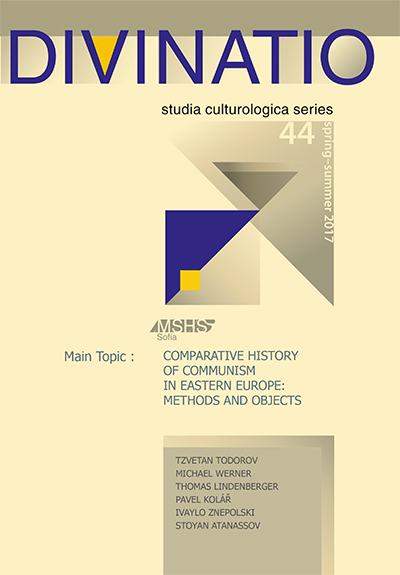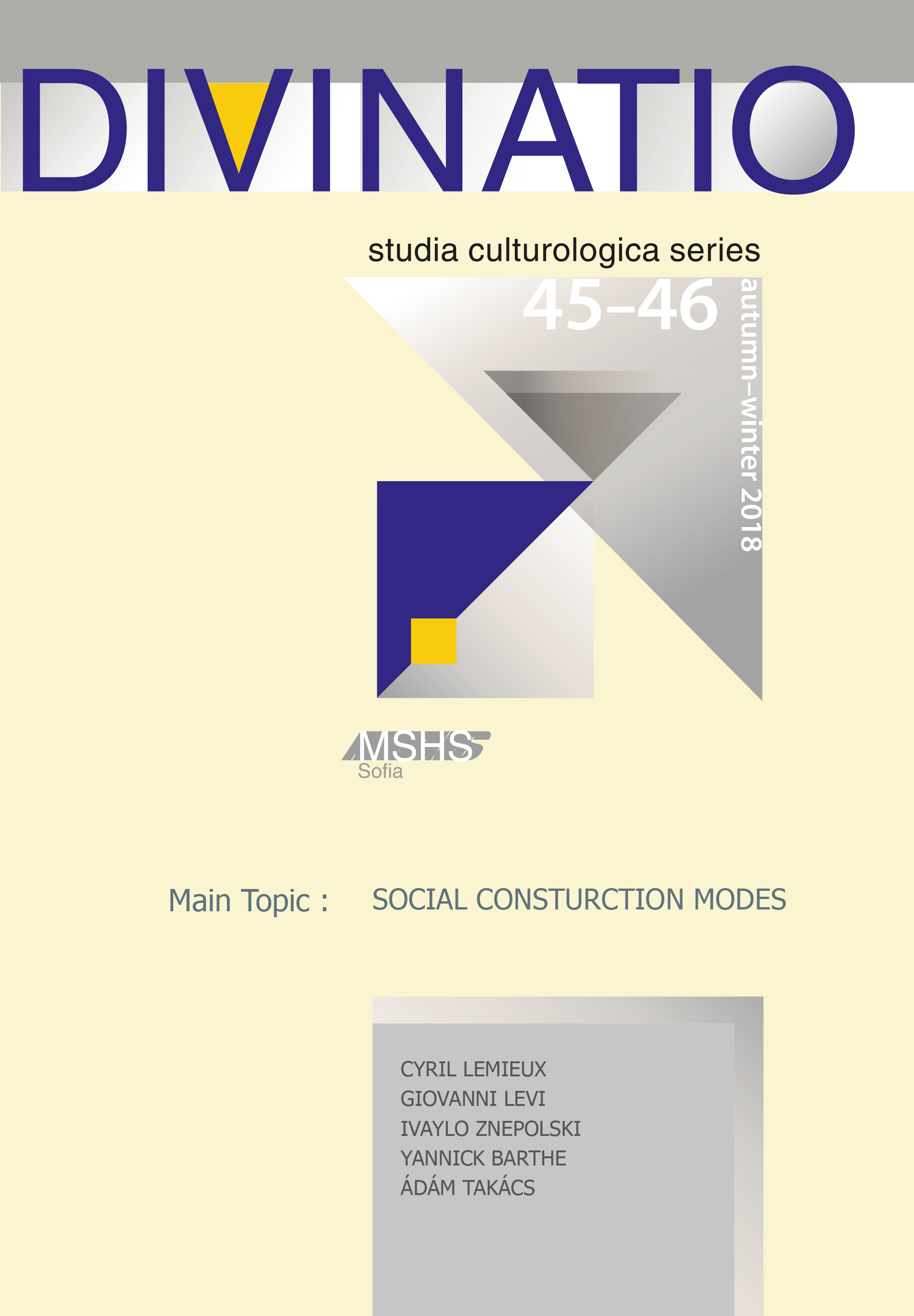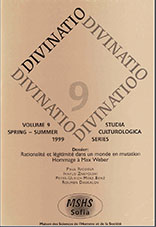

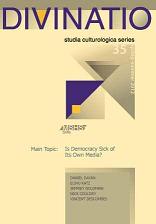
DEBATES: HOW TO WRITE THE HISTORY OF THE COMMUNIST PAST?
More...

DEBATES: HOW TO WRITE THE HISTORY OF THE COMMUNIST PAST?
More...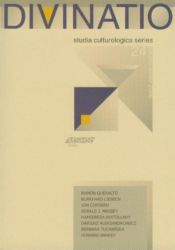
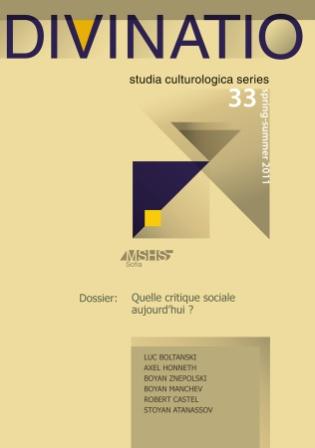
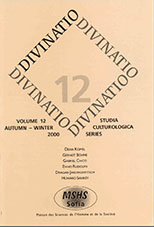
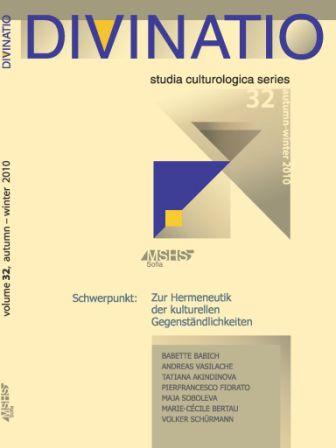
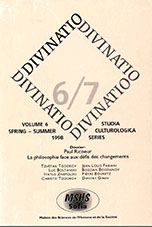
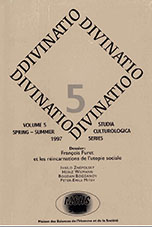
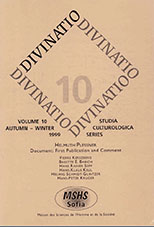
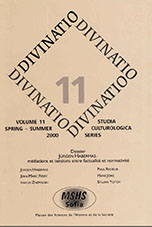
In the well known episode in the Divination against Caecilius (Divinatio in Caecilium) 27–46, Cicero, assuming the role of a teacher, expounds issues of rhetoric to his opponent. In this article the following points are examined: 1) the relation of this episode to the theory of rhetoric of the time, as represented in the unknown author’s Rhetorica ad Herennium and Cicero’s De inventione, which he wrote as a young man; 2) the repercussions of this episode in Cicero’s later works of rhetoric; 3) the relation of this episode to the other speeches against Verres. In Div. Caec. 27–46, Cicero does not try to set forth his material systematically and sequentially, as it is customary in rhetorical treatises, but directs his attention first at the moral qualities of a good orator, as well as on his education and the innate personal traits that form a perfect orator. This allows us to connect the Divination against Caecilius with Cicero’s later treatises on rhetoric, in particular De oratore. Being a supporter of philosophical rhetoric, Cicero disdains the traditional Hellenistic manuals that expound rhetorical technique. He does not try to teach these things – which would be the aim of a rhetoric manual – but he presumes that his audience would understand them from the small hints about the topics that must be recognised as coming from the school of rhetoric. Such a stance corresponds well to the spirit of the treatise De oratore: in that work, Cicero does not teach rules and does not explain rhetorical technique either, but, having mastered these things perfectly himself, he addresses his work to those readers who know the art of rhetoric and who would certainly recognise and appreciate the hints on the art of rhetoric, which are scattered through the text rather than explicitly demonstrated. In the episode Div. Caec. 27–46, Cicero uses various rhetorical figures copiously and inventively. It is obvious that, in explaining the issues of eloquence to Caecilius, he tries not only to belittle his opponent, but also to reveal his own knowledge and skills in rhetorical technique, so proving himself a worthy opponent to Hortensius. Thus the instruction of Caecilius is not merely the teaching of rhetoric, but also its practical application. Moreover, Cicero inveigles his audience into a certain game, by allowing them to recognise in his precepts to Caecilius the phrasing of the rules of the rhetorical school, as well as to appreciate their masterful application in Cicero’s own speech. In this way Cicero consciously appeals to the education of the audience, by subsuming a circle of educated men, like Cicero himself and his listeners, and consciously excluding Caecilius from that circle. Cicero also prefigures his future speeches against Verres, foreseeing, in part, the strategy and tactic of accusation that will become especially important in the second speech against Verres (In Verrem II).
More...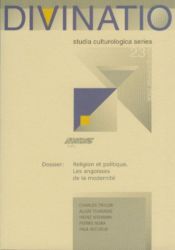
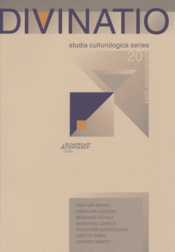
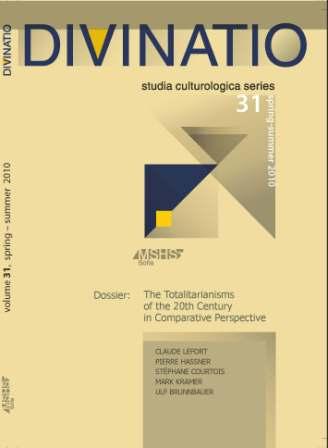
Twenty years after the fall of the Berlin Wall and the demise of communism in Eastern Europe, historians associated with the Institute for the Study of the Recent Past decided this was a distance long enough to allow them to supplement or even override the contemporary templates of talk about our communist past – the partisan, tabloid press, personal memory, nostalgic, vindictive, etc. discourses – and trail blaze a real research path towards a fuller and soberer stock-taking of our communist past. An attempt went underway to emancipate and ease into the academic mainstream the “full-scale history” of our former national life by setting it apart from a multitude of smalltime private narratives however legitimate in their own right they might be. “A History Of The People’s Republic Of Bulgaria” is the output these academics have come up with.
More...